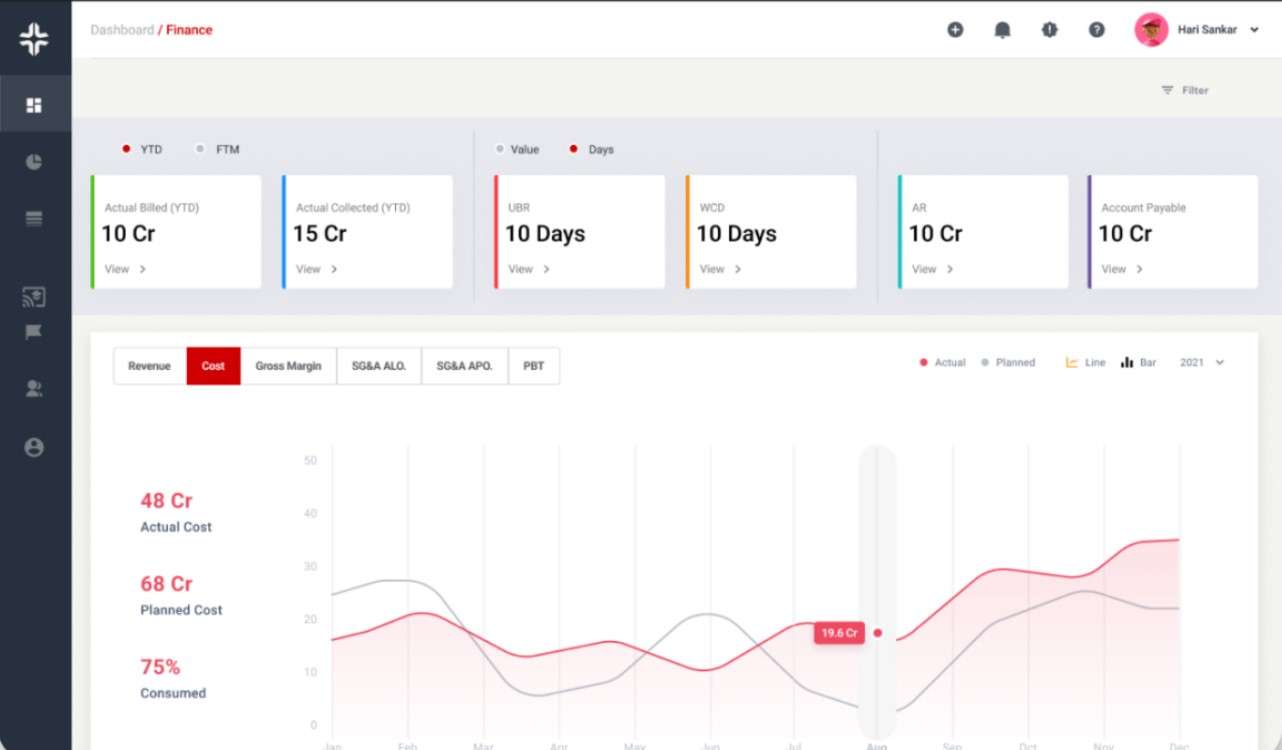Home » PSApedia
Average Invoice Processing Cost
Reduce Average Invoice Processing Cost with Our Efficient Solutions. Streamline Operations and Cut Expenses.

What is Average Invoice Processing Cost?
Average Invoice Processing Cost refers to the average amount an organization spends to process an invoice. This includes costs related to manual handling, software use, data entry, validation, disputes, approvals, and payment processing.
Reducing the average invoice processing cost is a common goal for organizations aiming to enhance efficiency and profitability by streamlining their accounts payable processes and adopting automation solutions. Lowering these costs can result in substantial savings and increased operational effectiveness for businesses of all sizes.
Why is Invoice Processing Cost Important?
Every business, whether it’s a startup or a multinational corporation, aims to operate efficiently and reduce unnecessary costs. Knowing the Average Invoice Processing Cost provides insight into:
- Operational efficiency.
- Opportunities to streamline the invoicing process.
- Areas to implement automation.
- Comparing costs against industry benchmarks.
Moreover, efficient management of these costs can lead to improved cash flow management, better relationships with vendors, and ultimately, a healthier bottom line.

Importance of Average Retention Rate
How to Calculate Average Invoice Processing Cost?
Formula:
Total Invoice Processing Expenses ÷ Number of Invoices Processed = Average Invoice Processing Cost
Example: If a business incurs $5,000 in expenses processing 1000 invoices, the Average Invoice Processing Cost would be:
$5,000 ÷ 1000 = $5 per invoice
Difference Between Invoice Processing Cost and Other Related Metrics
While Average Invoice Processing Cost focuses on the cost of processing each invoice, other metrics delve into other aspects of finance. For instance:
1. Cost per Invoice vs Cost per Payment: While the former calculates the processing cost of each invoice, the latter looks at the cost associated with making a payment. These can differ due to varying payment methods, fees, or batch processing.
2. Average Invoice Processing Cost vs Total Invoice Value: This comparison highlights the percentage of the invoice value that is consumed by the processing cost, offering a more significant financial perspective.
| Metric | Description | Primary Use |
|---|---|---|
| Invoice Processing Cost | Cost associated with processing a single invoice, including labor, technology, and overhead. | Measure efficiency and effectiveness of the invoice process. |
| Invoice Cycle Time | Time taken from receiving an invoice to its final payment or approval. | Measure speed and efficiency of the invoice process. |
| Invoice Error Rate | Percentage of invoices with errors or discrepancies. | Assess accuracy and quality of the invoice process. |
| Cost of Invoice Discrepancy | Cost incurred when an invoice discrepancy is identified and needs resolution. | Understand financial impact of errors in the invoice process. |
| Electronic Invoice Rate | Percentage of invoices received or processed electronically vs. paper. | Gauge adoption of electronic invoicing and its efficiency. |
Utilizing Average Invoice Processing Cost
By understanding the Average Invoice Processing Cost, businesses can:
- Optimize operations to reduce costs.
- Identify inefficiencies in the invoicing process.
- Implement automation where necessary.
- Enhance supplier negotiations.
- Improve the accuracy of financial forecasting.
With efficient expense tracking, organizations can further streamline their finances and improve profitability.
Ready to reducing Your Invoice Processing Cost?
KEBS is not just another PSA software. It’s a holistic solution that offers tools tailored to streamline business operations. With regards to invoicing:
- Automation: KEBS finance management software can automate various invoicing tasks, thus reducing manual errors and time.
- Integration: It integrates seamlessly with other business systems, ensuring that invoice data flows smoothly through the organization.
- Reporting: With the power of custom reporting, businesses can get insights into their invoice processing costs and make data-driven decisions.
- Efficiency: Features such as timesheet billing and proposal builder further enhance the financial processes, leading to reduced costs.
In addition to the robust financial tools, KEBS offers project management software, deal management software, and more, ensuring that every facet of your business operates efficiently.

KEBS Finance Management
Ready to optimize your Invoice Processing Costs with KEBS? Reach out for a demo or contact us today!



